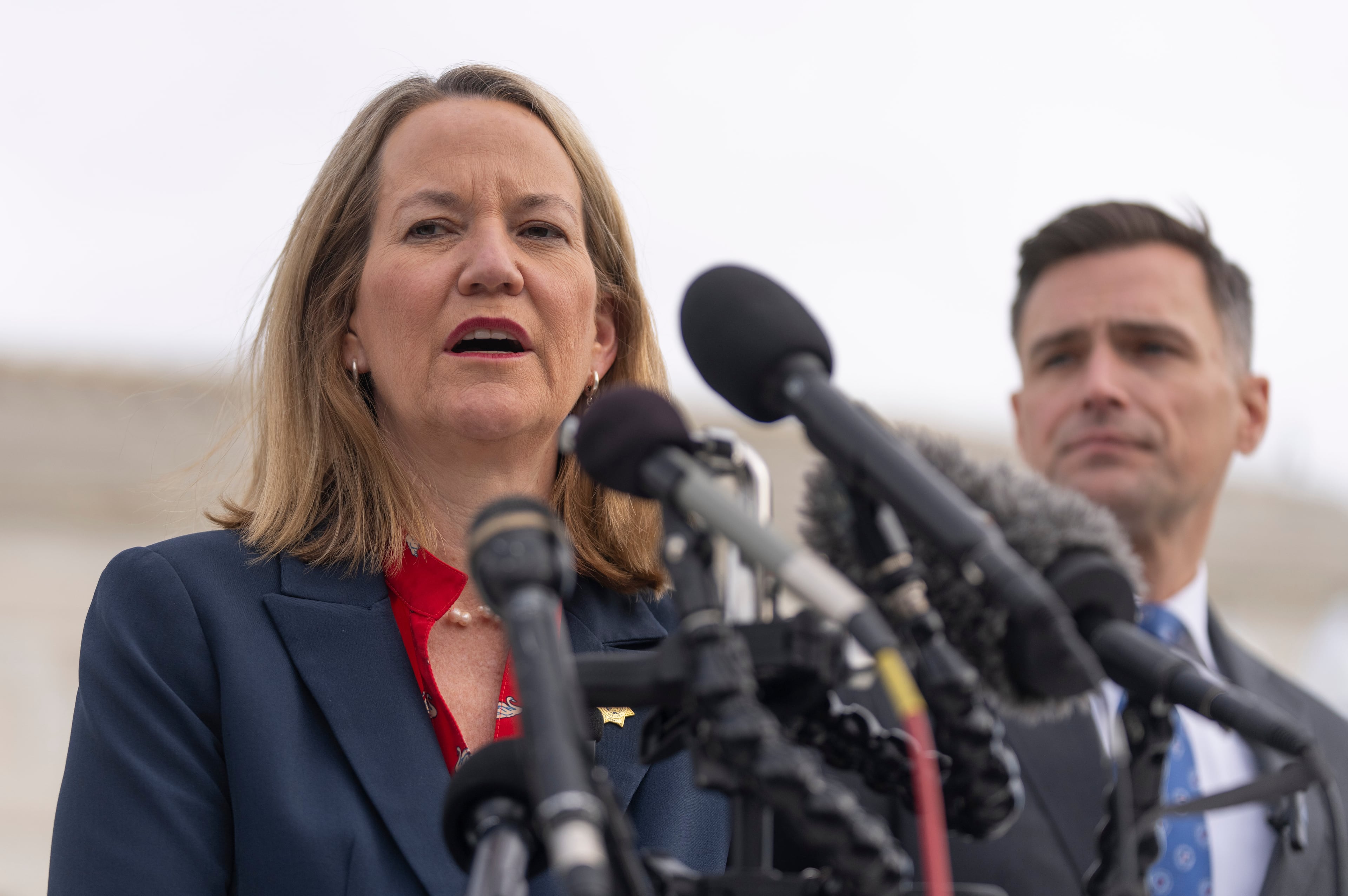State officials report fourth measles case of 2025 in Georgia

This story was originally published by Healthbeat. Sign up for their public health newsletters at healthbeat.org/newsletters.
A fourth measles case has surfaced in Georgia in an unvaccinated person, the state Department of Public Health said Monday.
The person contracted the disease while traveling internationally. The state health department did not disclose the identity or age of the person, who lives in metro Atlanta. State officials are working to identify anyone who may have been exposed to measles through contact with this person between May 10 and May 18.
Measles is a highly contagious disease that can infect up to nine of 10 unprotected people nearby.
The latest Georgia case comes as the disease count nationwide has passed 1,000, up over a total of 285 last year. Most of those contracted the disease in a large outbreak in west Texas and New Mexico. Two Texas school-aged children and a New Mexico adult — all unvaccinated — have died.
In late January, in an unrelated case, an unvaccinated child from Gwinnett County contracted measles after domestic travel. That spread to two unvaccinated siblings. Georgia had six measles cases last year.
Symptoms of measles include high fever, cough, runny nose, red watery eyes, and a characteristic red rash.
People who think they or their child might have measles should contact their health care providers rather than going to a hospital, clinic, or office without calling first, because the disease is very contagious, according to DPH.
Cases are transmissible for up to four days before infected people get a rash, a common symptom, said Dr. Jane Seward, who retired in 2016 after about a decade at the U.S. Centers for Disease Control and Prevention, where she worked as the deputy director of the Division of Viral Diseases. People can be exposed to the virus in a supermarket, airport, hotel lobby or other public venues.
The best way to protect against the disease is with vaccination, public health officials say. Vaccinations are available at public health departments and pediatricians’ offices, often for no cost. Most Americans are vaccinated for the disease. But vaccination rates for the MMR (measles, mumps and rubella) vaccine are falling in Georgia and nationwide.
Epidemiologists recommend a “herd immunity” vaccination rate of about 95% to prevent transmission of measles, but the latest data from Georgia shows that young children and kindergarten vaccination rates are below that.
Children typically get two doses of vaccine as part of the MMR regimen. The first should be between age 12 and 15 months, and the second should be between ages 4 and 6 years, the CDC says.
“The measles vaccine is the best way to prevent measles transmission — period,” said Dr. Stephen Patrick, a neonatologist and professor at Emory University’s Rollins School of Public Health. “The outbreaks we’re seeing now are preventable.”
Rebecca Grapevine is a reporter covering public health in Atlanta for Healthbeat. Contact Rebecca at rgrapevine@healthbeat.org.
Healthbeat is a nonprofit news platform reporting on public health from Civic News Company and KFF Health News.


